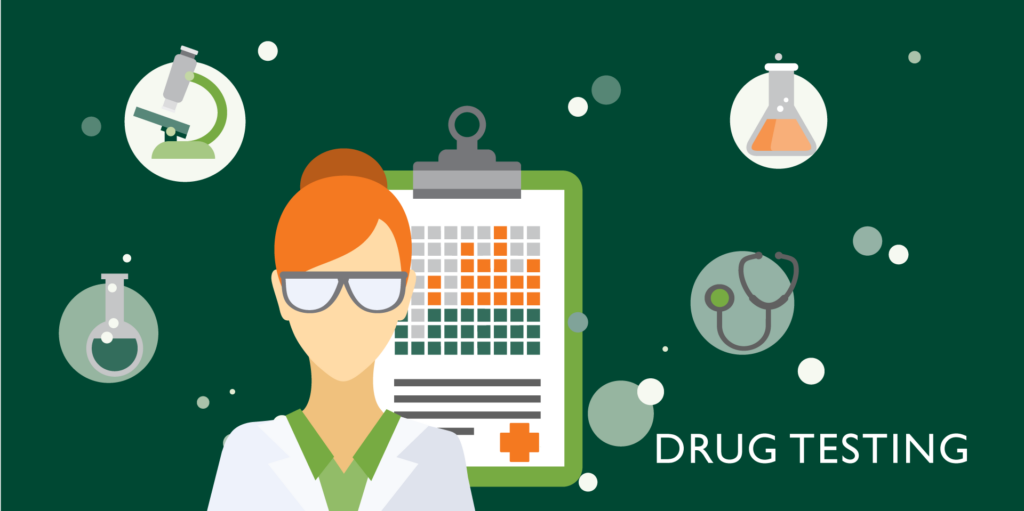
With the usage of CBD oil increasing, employers may wonder how this affects their business and their employees. Will CBD usage impair my employees? Will prospective employees and employees test positive on a drug test? Is CBD allowed in the workplace?
By now, most everyone has a loose understanding of what exactly CBD oil is. But as a refresher – Cannabidiol, commonly referred to as CBD, is a chemical found in marijuana. Pure CBD oil does not contain tetrahydrocannabinol (THC), the psychoactive ingredient found in marijuana that produces the high most associate with marijuana use.
CBD is most commonly seen as an oil but can also be sold as a vaporized liquid, an extract, or an oil-based capsule. There are also CBD-infused skincare, cosmetic products, and CBD-infused beverages.
According to the National Institute of Health (“NIH”), CBD should not impair employees[i]. “CBD, for example, does not make people high and is not intoxicating. And, there is reason to believe it may have a range of uses in medicine, including in the treatment of seizures and other neurological disorders.”
One issue with CBD is that it remains unregulated and, thus, consumers, including employees, are unsure what they are ingesting. The Drug Enforcement Agency (“DEA”) announced this summer that drugs that include CBD with less than 0.1% of THC are now classified as Schedule V drugs, so long as they are approved by the Food and Drug Administration (“FDA”). This is the first time the DEA has removed any form of cannabis from the Schedule I list. This is a very limited exception: marijuana and CBD remain illegal under federal law.
Generally, pure CBD will not report a positive test result for marijuana because drug tests typically look for THC levels that are too low to be detected from pure CBD. According to research on drug and alcohol testing, employees generally are not at risk of becoming impaired if they use pure CBD.
Given the rapidly-changing landscape in this area, companies are reassessing their drug testing or substance abuse testing policies when determining whether to make changes or not and considering training programs for hiring personnel and supervisors. Other considerations may include revising policies to address CBD use, training managers and supervisors on how to address situations where an employee tests positively on drug testing but claims the use of CBD, educating employees about CBD, and having a conversation with drug testing providers.
This information has been prepared by Validity Screening Solutions for informational purposes only and is not legal advice. The content is intended for general information purposes only, and you are urged to consult a lawyer concerning your own situation and any specific legal questions you may have.